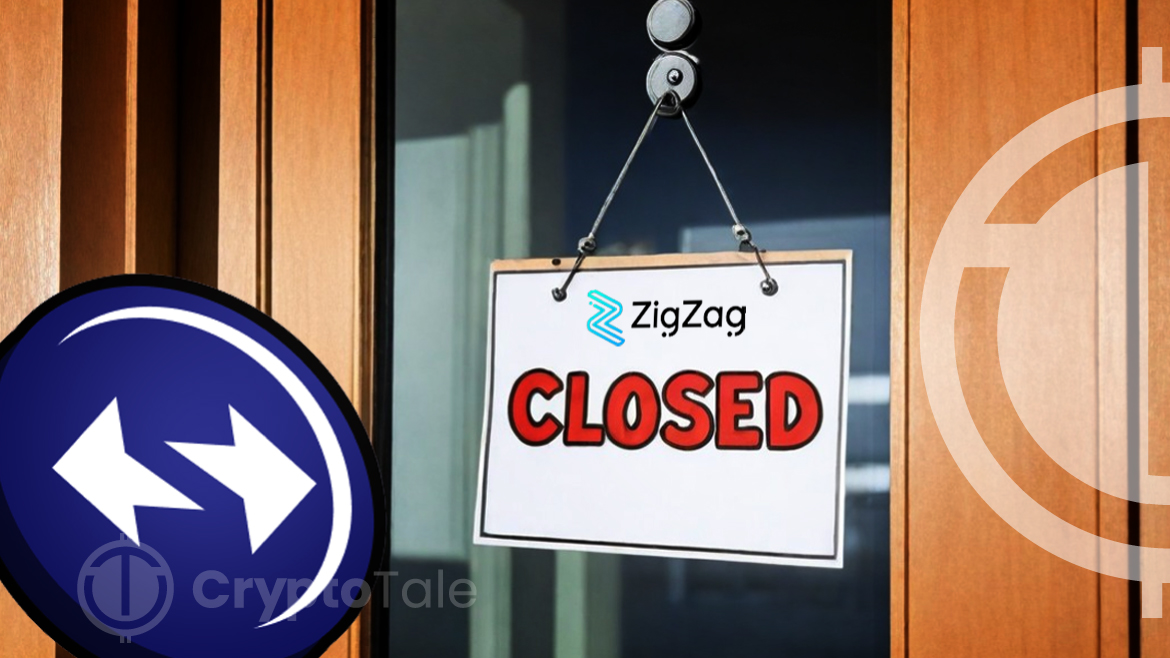- ZigZag to close on zkSync Lite due to US regulatory pressures; ZZ token falls 27% post-announcement.
- zkLite Exchange to maintain order book trading on zkSync Lite by forking ZigZag’s code, ensuring continued service.
- The founder accuses ZKasino of fund misappropriation, raising issues of internal mismanagement and financial risks.
In a recent development in the cryptocurrency exchange industry, ZigZag, an on-chain order book exchange, announced its decision to cease operations on the zkSync Lite platform. According to a statement released by ZigZag, this move comes in response to increasing regulatory scrutiny from U.S. authorities. Despite the closure, a fork of the ZigZag code by zkLite Exchange promises to continue supporting order book trading on the same platform.
The decision to sunset ZigZag’s services on zkSync Lite was influenced significantly by pressures from American regulators, highlighting the ongoing challenges that crypto exchanges face in navigating the U.S. regulatory landscape. Following the announcement, ZigZag’s token, ZZ, experienced a sharp decline, falling more than 34% within 24 hours.
While ZigZag will withdraw from the zkSync Lite, zkLite Exchange has taken up the mantle by forking ZigZag’s original code. This move ensures that users of the zkSync Lite platform will continue to have access to order book trading features, albeit under a new management. This transition represents a significant shift in the platform’s operational dynamics and underscores the resilience of the crypto community in adapting to regulatory and market changes.
The development comes weeks after a controversy surrounding the decentralized gambling platform ZKasino. ZigZag has accused ZKasino of misappropriating funds meant for the development of ZigZag’s platform. According to ZigZag’s founder, Kedar Iyer, funds raised for ZigZag were allegedly redirected by ZKasino founders under the guise of development expenses. This accusation adds a layer of complexity to the challenges faced by ZigZag, intertwining regulatory pressure with alleged internal mismanagement.
Further complicating the situation, Iyer has disclosed concerns regarding the handling of funds, including unauthorized market making activities and risky leverage trading, which may have contributed to financial losses for the exchange. These revelations expose deeper issues within the operations of cryptocurrency platforms, highlighting the need for transparency and robust management practices.






